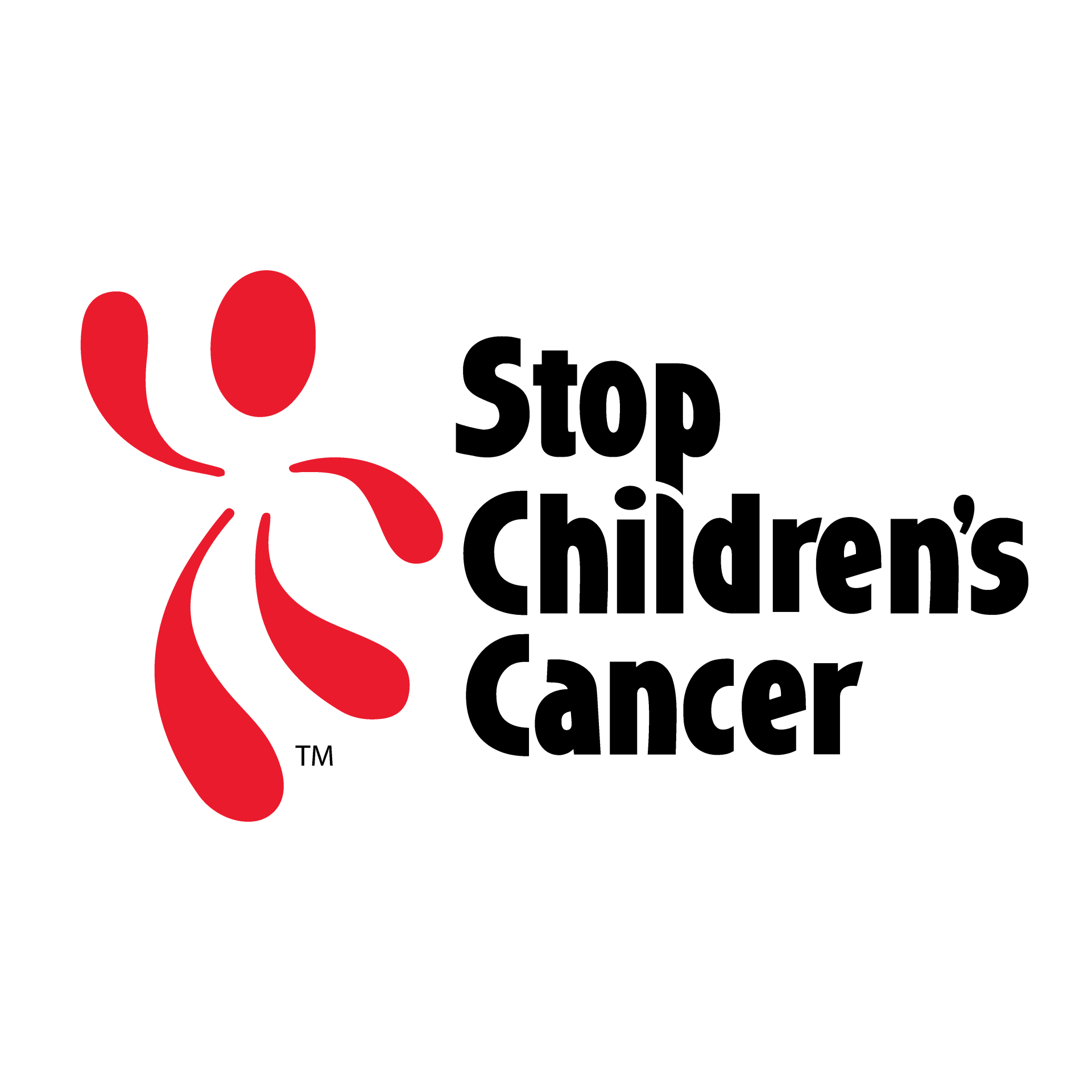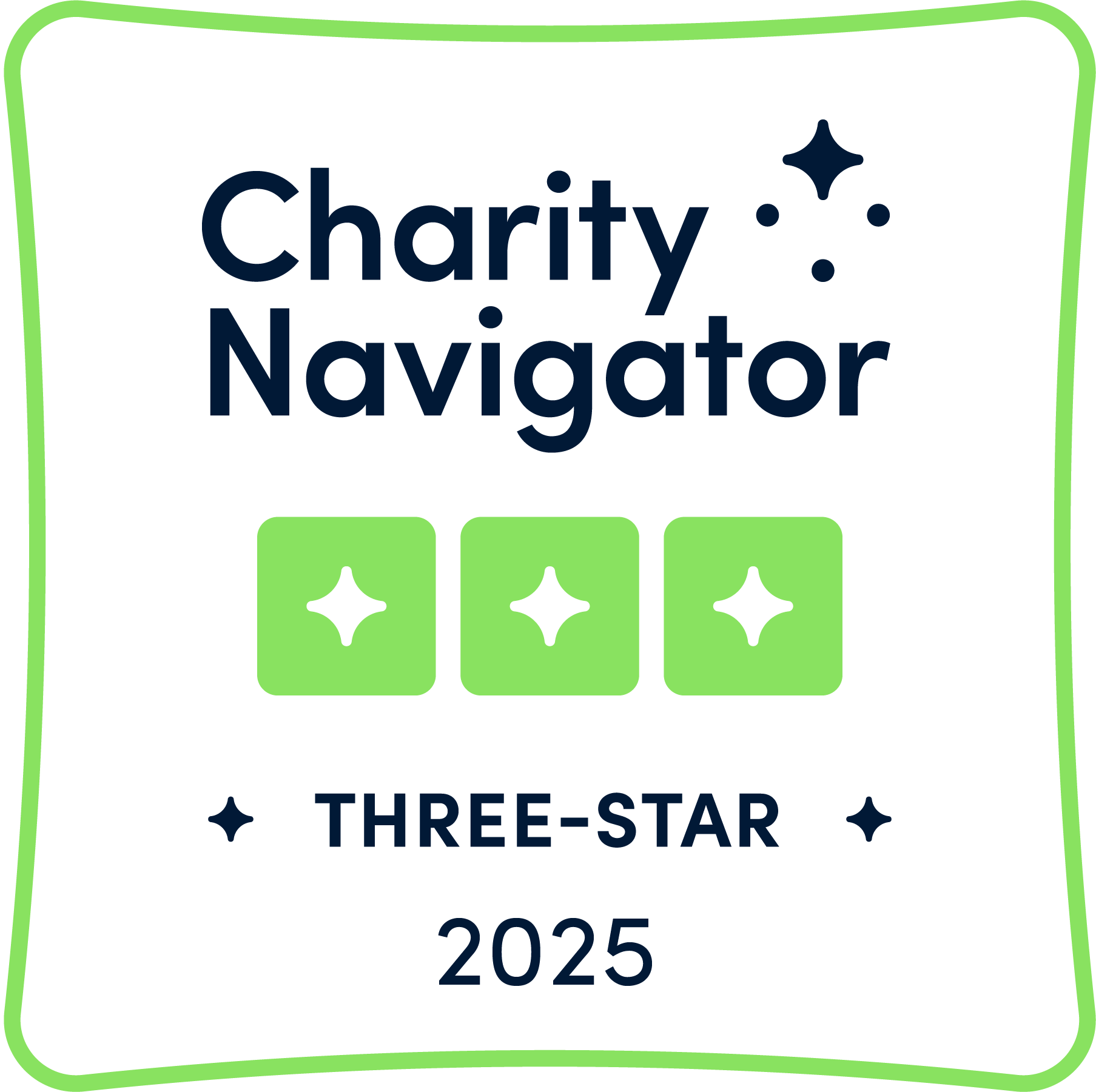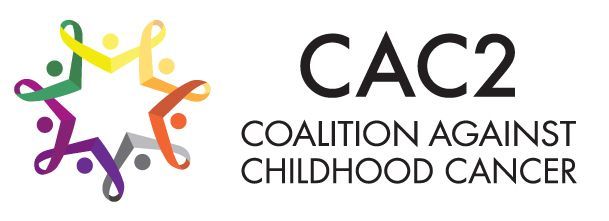Dr. William Slayton, Chief, Division of Pediatric Hematology/Oncology
Chief of the Research and Clinical Trials Team
In 1996, Stop Children's Cancer awarded Dr. Slayton a 2-year fellowship working on blood development and Leukemia. He continued this research making discoveries regarding bone marrow transplantation and high risk forms of Leukemia. Dr. Slayton went on to run critical clinical trials focused on a particular high risk form of Leukemia called Ph+ Acute Lymphoblastic Leukemia, improving its cure rate and reducing side effects. Stop came to know Dr. Slayton as an amazing partner and advocate for our Mission. By keeping Stop informed, we realized his great integrity and dedication toward his profession in finding cures for childhood cancers. When Dr. Slayton returned to UF in 2002, Stop Children's Cancer was very excited, because he was and continues to be a great steward of our programs. Dr. Slayton and his team inspire Stop to seek funds to continue needed research in childhood cancers.
The Impact of Stop Children's Cancer
The impact of Stop Children's Cancer’s giving over the past 42 years has allowed the University of Florida Division of Pediatric Hematology Oncology to grow into a top pediatric cancer center through the development of vibrant research programs. Multiple members of the UF Division of Pediatric Hematology Oncology are supported by Stop Children's Cancer, growing our division from five providers a decade ago to 12 providers today. Our research portfolios have also expanded — we now have over $10 million in yearly grant funding to support our research team.
Dr. Slayton shared, "the success of our growing, nationally recognized pediatric cancer program can be —to a great extent —attributed to the support from Stop Children’s Cancer. Bonnie had a great vision, and we are so grateful to benefit from her vision and her legacy. Please know your support is making a huge impact in curing and improving the quality of life for children with cancer."
Stop Children's Cancer: Research Clinical Trials
The Department of Pediatrics Hematology / Oncology at the University of Florida College of Medicine partners and participates with the Children's Oncology Group (COG) for Research Clinical Trials. Stop Children's Cancer provides funding to the UF Team administering these Research Clinical Trials. COG pools information from thousands of enrolled patients treated in over 200 different hospitals located in North America, Europe and Australia. This international collaboration has led to major discoveries making a major impact on curing children with cancer and improving their lives.
Research Clinical Trials Lead to Important Discoveries:
Discovery 1
Blinatumomab, is a new drug used to treat patients with relapsed B-cell Acute Lymphoblastic Leukemia. This is the most common form of childhood cancer and when it relapses can be challenging to cure. Blimatumomab is a form of Immunotherapy. It is a protein that attaches to T-cell, immune cells that can kill cancer cells. Blinatumomab causes them to stick to the cancerous leukemia cells. This contact triggers a killing pathway that leads to the death of the Leukemia.
Using this method has improved the survival of relapsed patients with B-cell ALL and was significantly safer than using standard chemotherapy with few infections and no deaths compared with standard chemotherapy which caused fatal infections. Blinatumomab is now being tested in trials supported by Stop to a high-risk group of newly diagnosed patients with Acute Lymphoblastic Leukemia, who are more at risk of relapse based on the fact that they are responding slower to therapy. Preventing a relapse improves survival, and also the quality of life by preventing patients from having to go through treatment a second time.
Discovery 2
Nelarabine has been shown to improve cures and reduce side effects in T-cell Lymphoblastic Leukemia and Lymphoma. This drug accumulates specifically in the T-cell leukemia cell, leaving healthy cells alone. Adding Nelarabine to a standard for T-cell Leukemia has improved the survival in patients with high-risk disease from 80% to 92%. Like Blinatumomab, because the drug targets the Leukemia cells and leaves normal cells alone, patients had fewer side effects when they received this medication.
One other important benefit was that Nelarabine prevents the disease from coming back in the brain which is a common site of relapse in this form of cancer. At UF, this medicine is now a standard given to all children with T-cell Acute Lymphoblastic Leukemia.
Discovery 3
Together with the COG an antibody has been developed to improve the cure rate for Neuroblastoma; a devastating form of cancer that predominantly affects children from 0 to 4 years of age. Improving cure rates in Neuroblastoma has been a major challenge over the span of the past 4 decades. In the past decade, the addition of an antibody to GD1 has been added to treatments. GD1 is a molecule called a ganglioside found on Neuroblastoma. Adding this antibody treatment, another form of Immunotherapy, improves the cures from 50% to 70% in children with high-risk Neuroblastoma. This discovery has benefited a number of children in our community.
These Research Clinical Trials lead to important discoveries improving the future survival rate of children with childhood cancers.
Looking Forward
The mission of our Pediatric Hematology & Oncology team is to provide the finest, most compassionate care to children suffering from childhood cancers and blood disorders. Staffing top pediatric specialists, using the latest kid-friendly expertise and making innovative strides in pediatric research, we dedicate ourselves to the health and well-being of our patients.
Pediatric cancer research plays a critical role in improving the understanding, diagnosis, treatment, and outcomes for children diagnosed with cancer. Over the years, significant progress has been made, leading to increased survival rates for many pediatric cancers. However, there is still much to be done to further advance the field. Here are some areas of ongoing research and promising developments in pediatric cancer:
- Precision Medicine: Precision medicine focuses on tailoring treatments to a patient’s specific genetic and molecular profile. This approach has shown great promise in pediatric cancer research. By analyzing the unique genetic makeup of a child’s tumor, researchers can identify targeted therapies that may be more effective and less toxic than traditional treatments.
- Immunotherapy: Immunotherapy has revolutionized cancer treatment, including pediatric cancers. This approach harnesses the power of the immune system to recognize and attack cancer cells. Immunotherapies like CAR-T cell therapy and immune checkpoint inhibitors have shown remarkable success in treating certain pediatric cancers, such as acute lymphoblastic leukemia (ALL) and neuroblastoma. Ongoing research focuses on mew therapies using vaccines to improve survival in aggressive pediatric cancers such as glioblastoma, diffuse pontine glioma and relapsed osteosarcoma.
- Long-Term Side Effects and Survivorship: While improved treatments have led to higher survival rates, pediatric cancer survivors often face long-term side effects from their treatments. Research efforts are focused on understanding and mitigating these side effects to improve the quality of life for survivors. This includes studying the impact of treatments on organ function, fertility, neurocognitive development, and mental health.
- Collaborative Research Initiatives: Many research institutions, organizations, and advocacy groups are actively collaborating to accelerate pediatric cancer research. These collaborations aim to pool resources, share data, and streamline clinical trials to bring new treatments to children faster.
- Rare and High-Risk Pediatric Cancers: Research is also focused on rare and high-risk pediatric cancers that have limited treatment options. By studying the biology and genetics of these cancers, researchers hope to identify new therapeutic targets and develop novel treatments.
- Supportive Care: In addition to treating the cancer itself, researchers are exploring supportive care interventions to manage the physical and emotional challenges faced by children with cancer and their families. This includes addressing pain management, psychosocial support, and enhancing the overall well-being of pediatric cancer patients.
It’s important to note that research progress is a dynamic field, and new breakthroughs and discoveries are being made regularly. Collaborative efforts between researchers, clinicians, policymakers, and advocacy groups are crucial for advancing pediatric cancer research and improving outcomes for children affected by cancer.
We COULD NOT do this without your partnership. Thank you again for believing in our mission and working so diligently to support the research being done by the Pediatric Hematology & Oncology team at UF Health Shands Children’s Hospital.





